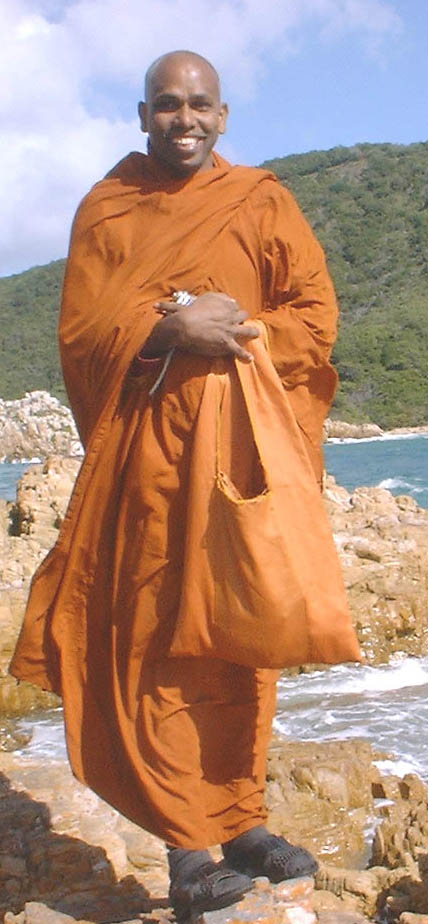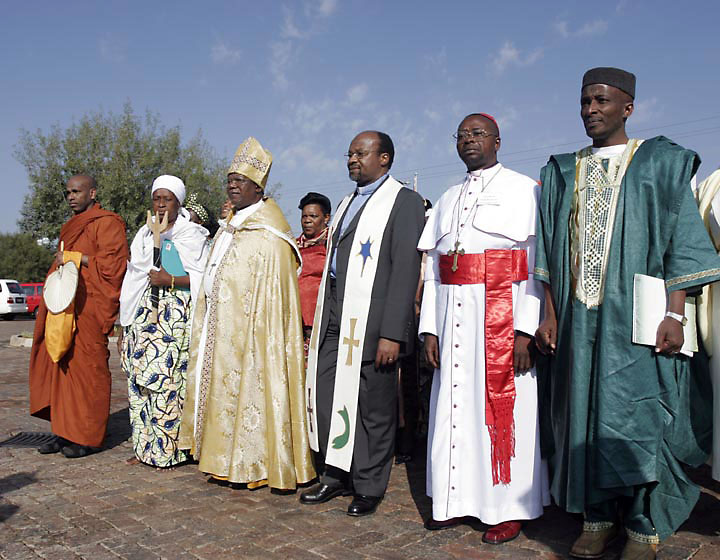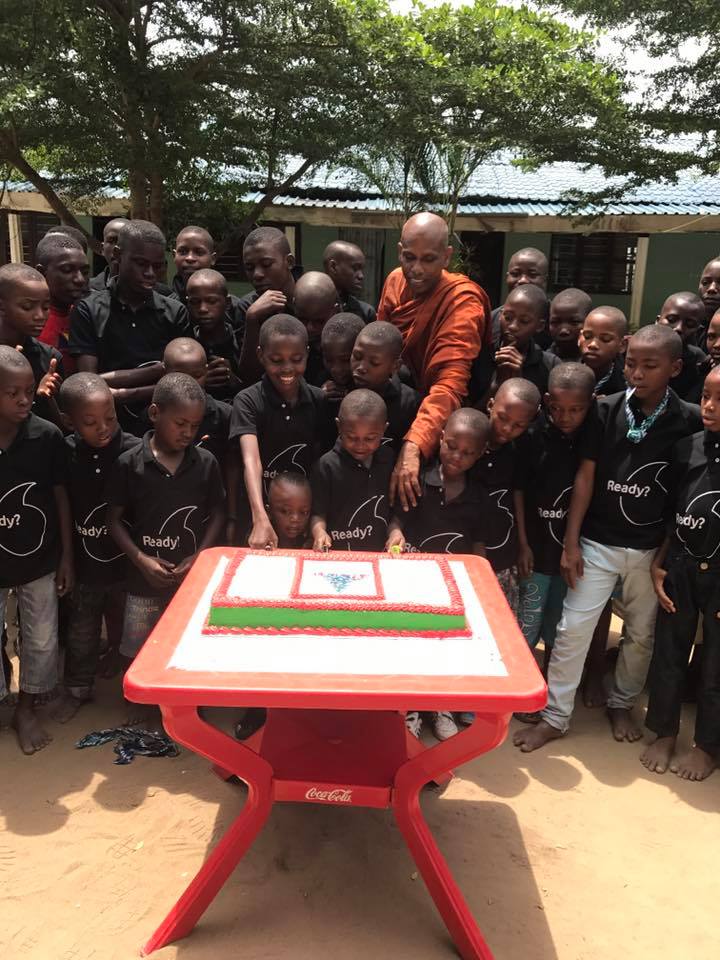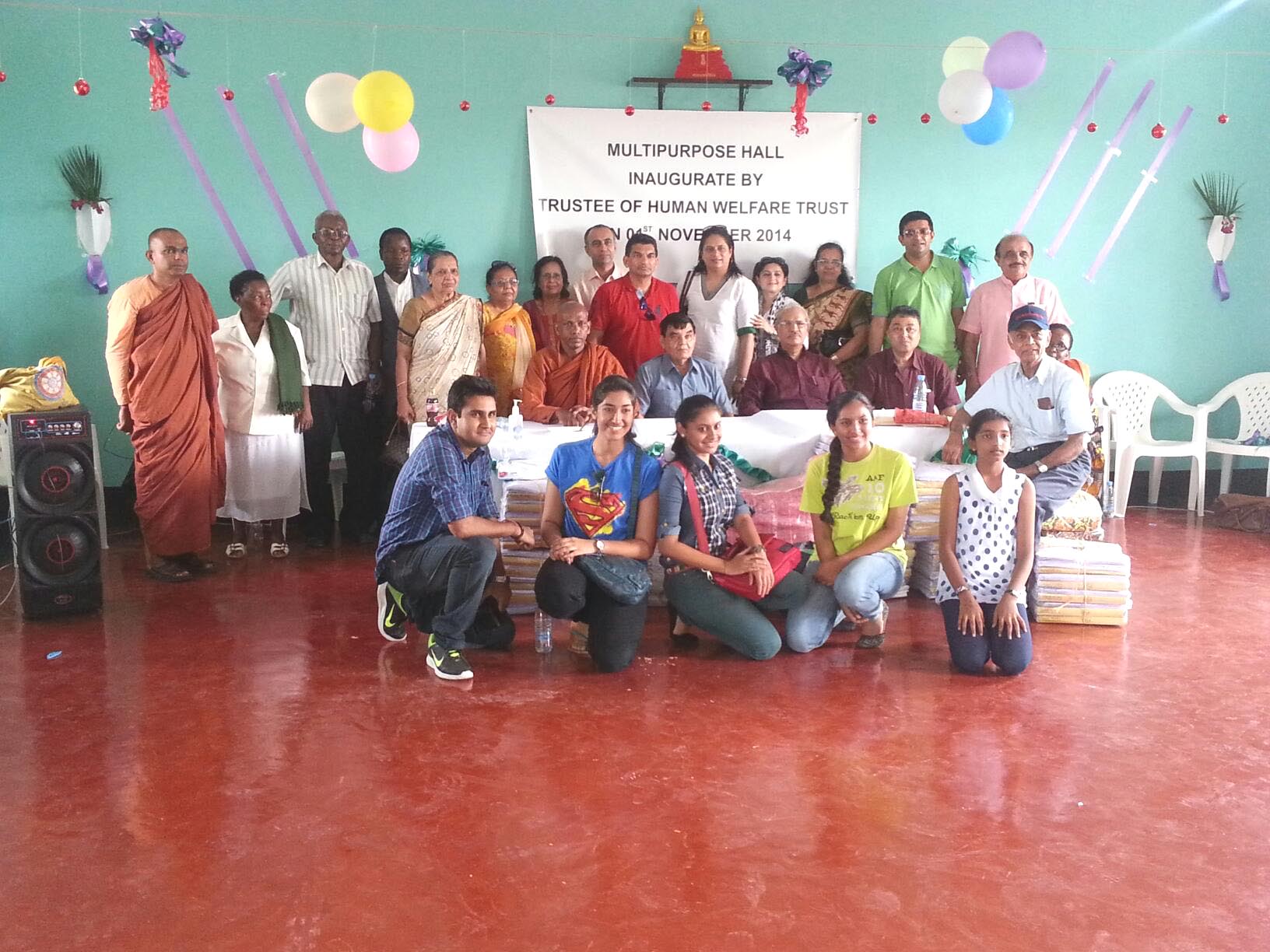Welcome to Africa
“Sukrani asadhuni – attano ahitani ca Yan ve hitan ca sadhun ca tan ve parama-dukkara”
Things that are wrong and disadvantageous are easily done, while things that are both good and advantageous are extremely hard to do
(Tripitaka – 01 Sutta Pitaka – 05 Khuddhaka Nikaya – 02 Dhammapada – 11. Atta-vagga – 07 stanza)
Any deed that is harmful and does not benefit anyone is performed promptly. Those bad deeds grow rapidly, and the harvest is always negative for everybody. But if one performs a better and profitable deed for everybody’s sake, one reaps good things, and this is a difficult thing to do.
Things that are wrong and disadvantageous are easily done, while things that are both good and advantageous are extremely hard to do
(Tripitaka – 01 Sutta Pitaka – 05 Khuddhaka Nikaya – 02 Dhammapada – 11. Atta-vagga – 07 stanza)
Any deed that is harmful and does not benefit anyone is performed promptly. Those bad deeds grow rapidly, and the harvest is always negative for everybody. But if one performs a better and profitable deed for everybody’s sake, one reaps good things, and this is a difficult thing to do.
I am planting the very same good deeds here in Africa, but it is not an easy task. Even the Buddha, who did not visit Africa, mentioned that it is challenging to spread his teachings in some places. Therefore, if one wants to spread the words of the Buddha, one cannot complain about the difficulties and obstacles encountered along the way.
Also, the Buddha said, the one who tries to do good deeds despite the difficulties and obstacles is the hero here and hereafter. The Buddha himself encountered more obstacles, and today millions of people enjoy the fruits.
By the same token, I am struggling, trying hard to establish Buddhism in Africa. And I am doing so by using all the resources and strength given to my disposal. I think one day there will be achievement, and we’ll talk about African Buddhism with Africans themselves involved.
Currently, I see Buddhism in Africa is being spread without Africans being involved. I also believe I will get some people who would like to assist or help me in any way, so that together we can have a great achievement.
Rev Dr ILukpitiye Pannasekara Thero
The Chief Monk for the African Continent
By the same token, I am struggling, trying hard to establish Buddhism in Africa. And I am doing so by using all the resources and strength given to my disposal. I think one day there will be achievement, and we’ll talk about African Buddhism with Africans themselves involved.
Currently, I see Buddhism in Africa is being spread without Africans being involved. I also believe I will get some people who would like to assist or help me in any way, so that together we can have a great achievement.
Rev Dr ILukpitiye Pannasekara Thero
The Chief Monk for the African Continent








